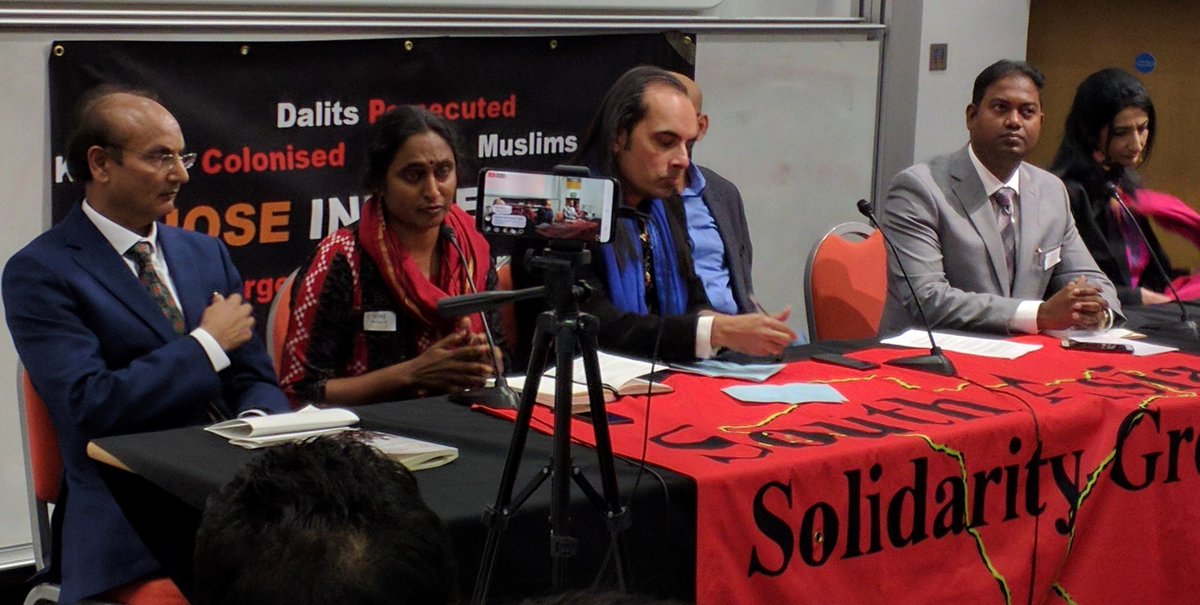The book of Ecclesiastes opens with a well-known phrase,
viz., הבל הבלים הכל הבל = ‘Vanity of vanities! All is vanity!’.
Solomon’s turn of phrase is commonly employed in Ecclesiastes,
I once heard a member of Parliament quote it on Sky News, though the fact he quoted it in Latin (‘Vanitas vanitatum...’) rather detracted from its ‘commonness’.
It can refer among other things to ‘futility’ (Job 21.34, Psa. 62.9),
‘nothingness’ (Psa. 39.6, Isa. 49.4),
and a ‘breath/mist’ (Job 7.16, Psa. 39.5, Prov. 21.6).
You can’t put it in a bottle and take it home with you.
You have to enjoy it when and where you find it (before it fades away).
Solomon’s view of life is similar.
Solomon can find ‘pleasure’ in many of his labours (2.10).
What he *cannot* find, however, is anything of permanence—anything he can take hold of and not have it dissolve in his hands.
Life is also painfully ephemeral (9.9ff.)—a mist/dew which vanishes along with the dawn (cp. Psa. 39.5 w. Hos. 6.4, 13.3).
Indeed, Solomon’s enquiry in ch. 1 leaves him utterly despondent.
‘What gain/profit (יתרון) is there in life?’, Solomon asks (1.3).
Solomon wants to know what is ultimately achieved by life’s activities—what *difference* they make when all is said and done?
Life is like a balance sheet.
The left hand side cancels out the right hand side.
Every action has an equal and opposite reaction,
so the sum total of life’s activities is always zero.
——————
These facts have an obvious application to the world’s materialists.
But they also have an application to Christians.
As Christians, it is easy for us to live in the future.
But by then new tasks and difficulties will have arisen.
The wind will have returned northwards and started to blow southwards again.
Since our satisfaction is located in the resolution of a supply of future tasks (which grows as fast as it shrinks), we fail to be satisfied in the present,
‘God has made everything beautiful/appropriate’, Solomon tells us, ‘in its appointed time’ (3.11).
In other words, God has given us pleasures to be experienced and enjoyed as and when he gives them to us.
they are to be enjoyed as gifts/opportunities which come from the hand of God (2.24).
That is why ch. 3’s activities are not simply another balance sheet—another zero-sum game.
That there is a time to plant is not cancelled out by the fact there is a time to uproot.
and, consequently, Solomon calls us to enjoy what we can while we can (cp. 11.8ff.).
rather, Solomon calls us to enjoy what *God* has made and to occupy ourselves with tasks which *God* has assigned to us (3.10–11).
they are hallmarks of those who have grasped something of the goodness of their Creator and of his abundant grace towards us, his creatures.
THE END.













